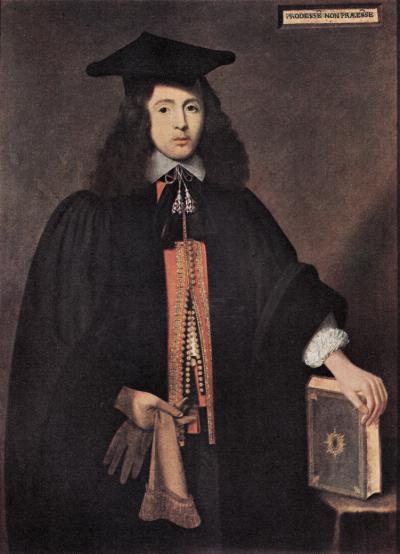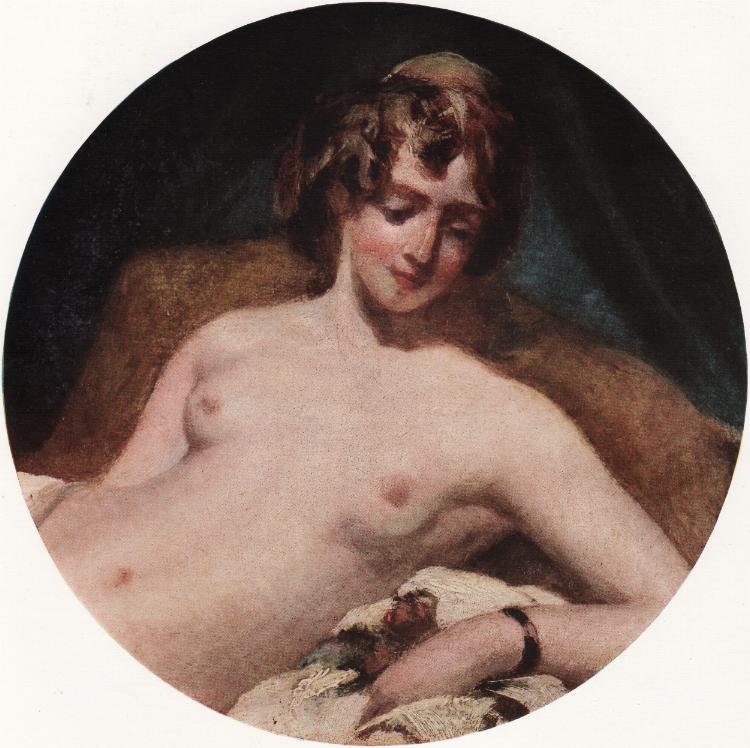 |
 |
| Home | Sonnets | Pushkin | Onegin Book I | More King Stories | Gypsies | Chekhov |

FRANCES KING La Belle Alliance
|
My name is Gaston and I am the
Garcon de chambre at La Belle Alliance, a
fine Auberge and Farmhouse opposite the ridge of Mont Saint Jean above
the site
of what is now known as the Battle of Waterloo. Had General Blucher had
his way,
it would have been called the Battle of "La Belle Alliance", which
would have been good adverting for us, just one day's ride out of
Bruxelles and
a better description of what happened in the battle, because if Blucher
had not
kept to his word and marched to support Wellington after being mauled at Ligny, the Emperor would
have won and the
world would now be speaking French, instead of English. The Emperor
spent the
night before Waterloo at La Belle Alliance and surveyed the field from
its
grounds which
commanded a fine view
of the valley from the Hougoumont
chateau which anchored Wellington's right wing accross to the village
of
Papelotte on the
Allied left where
Blucher's army, bloodied but unbowed by their defeat at Ligny, joined up
with
the forces of Wellingon and sealed the Emperor's fate. It was here at
La Belle
Alliance, after the Emperor and his entourage had hurriedly decamped and retreated
back towards Paris that the
Allied Generals, Wellington, Blucher and
their support staff, were reunited to celebrate their narrow but bloody
victory. La Belle Alliance has one grande
chambre and it was my job to take the occupant's intestinal
offerings from the
commode to the cess pit. Perhaps not the most prestigious of jobs but
over the
years I have met many great men (yes it's true, with their trousers
round their
ankles, they are all the same, and I'll be dammed if the turds of the
Emperor
were any different from those of Wellington's, Blucher's (or mine for
that
matter) but the job pays the bills, gives me board and lodge and I can
buy the
occasional half litre of good Dutch Old
Geneva to keep the chill of this damp corner of Europe out of my bones.
I didn't
witness the reunion between Blucher and Wellington, which is a pity as
despite
being part French (through my mother) I had a sneaking regard for the
bluff old
Prussian general, certainly more than I had for that parvenu
Wellington, but I
had been dispatched to the battlefield before first light with some
other lads.
Battles are incredibly wasteful but provide useful income for those
willing to
grasp opportunity. It
didn't take me
long to round up half a dozen fine looking horses, complete with saddle
and
bridles. One came complete with the corpse of its rider, from which he
was soon
unceremoniously parted. Unwounded horses are more valuable than wounded, but wounded ones if
they can still walk,
can be rounded up
later, butchered and
eaten. People who have qualms at eating horse flesh deserve to starve.
I doubt
if any of these could tell the difference between beef and horse
anyway, if
served in a rich sauce with champignons. The horses I
tethered round the back of my uncle's place,
to be taken to Bruxelles in a
few days for sale
to some aristocratic twit with more
money than brains. Because of the wars in Europe these last few
decades, a good
cavalry horse sold in the capital fetches a king's ransom. And these
English
horses were very fine beasts indeed. There were so many, I thought to
myself
that another trip later on armed with a pocket full of apples might be
equally profitable.
What is even more lucrative than horses after a battle, is drink for
the
wounded and dying, but the women had this sewn up. Before the last
cannon had
been fired, they were climbing over the corpses round the battlefield
with
flasks of water and bottles of brandy, for those that could pay, either
in
bullion or gold rings with precious stones. Indeed those too weak to
resist
even had their fingers cut off so these vicious harpies could take
their rings
anyway. This scavenging by
the women was
not without risk as there were competing bands of women working the
field, made
merciless by the horrors through which they walked. There would be
bears
and foxes from the
surrounding woods and
dogs from the villages and towns to eat the dead and half killed meat,
horse or
human. They do us all a favour as unburied bodies stink pretty badly
within a
day or two. When I got back to the auberge,
there was panic, as all sign of the
Emperor's presence had to be erased lest it offend the eyes of
Wellington, the
next occupant of the grande chambre. The commode had to be scrubbed,
rescrubbed
and soaked in lavender water, and only by me it seems. I cleansed
myself from
the smell of horse and went about my business (so as to speak) and soon
the
commode was clean enough to become the repository of the turds of
Wellington,
whose offerings in due course I deposited in the same cess pit as the
Emperor's. There let them lie, side by side for the rest of eternity,
fertilising the same earth as the decomposing bodies of the soldiers
they led
to their deaths. Frances King Frances King worked for the
British Council for many years around the world
but now lives with family in South Oxford UK. |
| Home | Sonnets | Pushkin | Onegin Book I | More King Stories | Gypsies | Chekhov |
